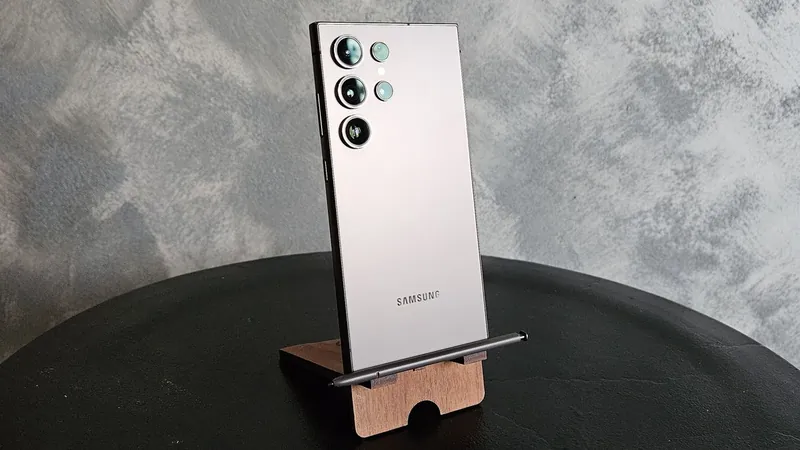
Revolutionary Lighting Breakthrough Set to Transform Night Shift Work and Sleep Quality
2024-09-26
A groundbreaking study from Flinders University has revealed that circadian-informed lighting, which aligns with our natural biological rhythms, significantly enhances both sleep quality and cognitive performance for night shift workers. This first-of-its-kind trial meticulously assessed how lighting affects our internal body clock, alertness, and sleep patterns, particularly following abrupt transitions to night work.
Published in the respected journal SLEEP, the trial's findings consisted of two pivotal papers, demonstrating that targeted exposure to light can expedite body-clock adjustment. Dr. Hannah Scott, a key researcher in the study, noted, "Circadian rhythms are our body's internal clocks regulating various functions, including sleep-wake cycles. When these rhythms are disrupted by shift work, well-timed light exposure becomes essential."
In Australia alone, an estimated 15%-16% of workers are engaged in shift work, with fluctuating schedules presenting unique challenges. Dr. Scott emphasized the implications for workers in confined environments like submarines, where natural light exposure is severely limited. "The absence of a typical day-night lighting cycle can lead to heightened difficulties in adjusting one’s body clock," she explained.
The study involved 19 adult participants who engaged in simulated night work environments for eight days. Employing two lighting scenarios, one modeled after standard conditions aboard submarines and another utilizing circadian-informed lighting, researchers were able to monitor adjustments in participants' body clocks and task performance.
The results were compelling: participants exposed to circadian-informed lighting adjusted their body clocks approximately one hour faster each day compared to those with standard lighting. Even more striking, those benefiting from circadian-informed lighting reported nearly an additional hour of sleep and significantly fewer lapses in attention — an astonishing 7.4 mistakes compared to 15.6 in the standard conditions.
Alisha Guyett, the lead author of one of the studies, remarked, "Our findings underscore the transformational potential of circadian-informed lighting for night shift workers. Enhanced alertness and sleep quality are invaluable for their performance and safety on the job."
Professor Peter Catcheside, a senior researcher involved in the study, highlighted the broader implications of this research, saying, "The insights gained here can significantly optimize workspaces, addressing challenges not just for submariners but also for shift workers in various industries, including mining."
Ultimately, as workplaces evolve and the demand for flexible work schedules grows, this innovative lighting strategy may soon become a game-changer—offering a tangible approach to enhancing health, performance, and overall well-being for those navigating the challenges of night shift work. Don't miss out on this illuminating breakthrough that could redefine how we work and live!




 Brasil (PT)
Brasil (PT)
 Canada (EN)
Canada (EN)
 Chile (ES)
Chile (ES)
 España (ES)
España (ES)
 France (FR)
France (FR)
 Hong Kong (EN)
Hong Kong (EN)
 Italia (IT)
Italia (IT)
 日本 (JA)
日本 (JA)
 Magyarország (HU)
Magyarország (HU)
 Norge (NO)
Norge (NO)
 Polska (PL)
Polska (PL)
 Schweiz (DE)
Schweiz (DE)
 Singapore (EN)
Singapore (EN)
 Sverige (SV)
Sverige (SV)
 Suomi (FI)
Suomi (FI)
 Türkiye (TR)
Türkiye (TR)